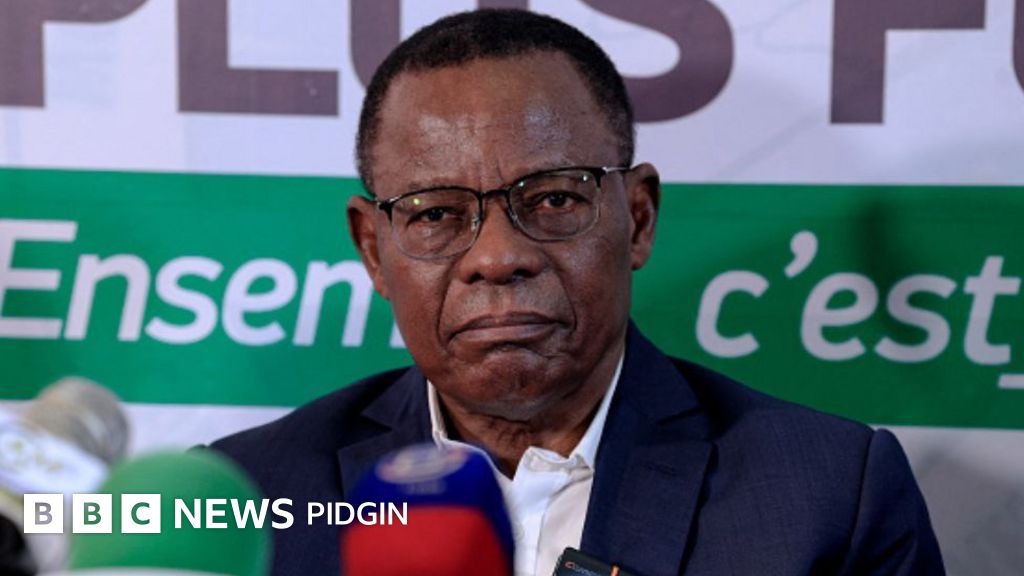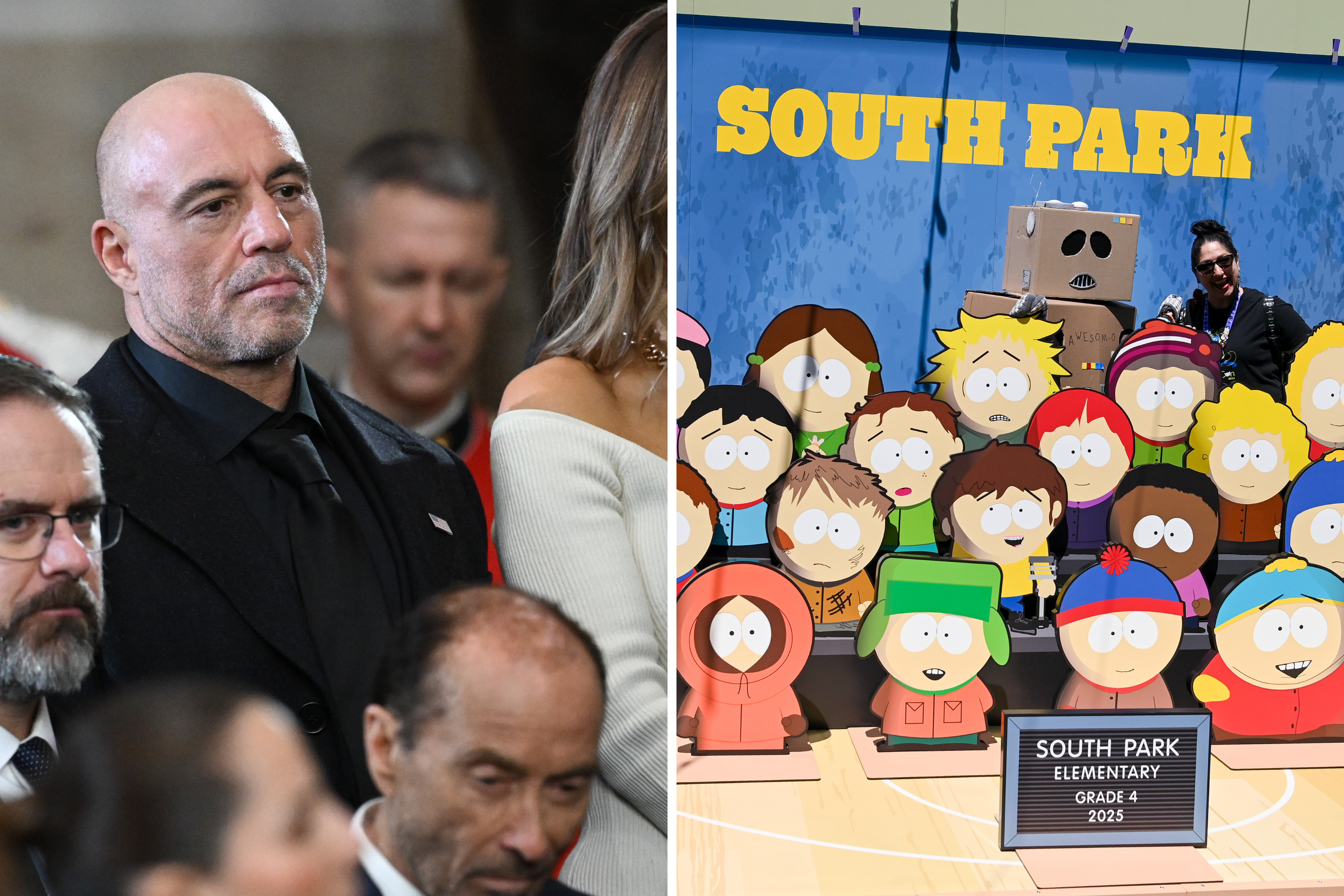Utah voters are divided down the middle over the state’s revised mail-in voting system that requires them to opt in at least once every eight years to receive a mail-in ballot.
The latest Deseret News/Hinckley Institute of Politics poll found that 50% of registered voters surveyed said they would prefer to automatically receive their ballot, with 30% saying they would prefer the opt-in method, 11% opposing mail-in voting entirely and 9% who said they didn’t know.
“Utah has had a long successful experience with vote by mail; Utahns like it,” said Jason Perry, the director of the University of Utah’s Hinckley Institute of Politics. “And the polling numbers suggest there’s a bit of a disconnect between where the law is right now and where Utahns are.”
DNpoll-mail-in
Partisan identity was a major factor in voters’ feelings toward the new law, known as HB300: 67% of Democrats said they prefer to receive their ballot automatically, compared to 56% of independents and 42% of Republicans.
Self-identified Republicans were more likely to say they prefer an opt-in requirement — 35% compared to 23% of Democrats and independents.
They were also more likely to say they simply oppose mail-in voting — 14% compared to 9% of independents and 5% of Democrats.
The survey was conducted online by HarrisX, May 16-21, among 805 registered Utah voters. The margin of error for the sample is plus or minus 3.5 percentage points.
“Once you strip away the partisan approach that is often taken to ballots in Utah, and across the country, there seems to be continued trust in that mail-in ballot system,” Perry said.
Legislature describes a balancing act
Utah’s updated mail-in voting process came as a compromise solution resulting from negotiations spanning almost the entire 45-day legislative session.
The version initially introduced and passed by the state House would have required most ballots to be returned in-person to poll workers at drop-boxes or polling locations.
After weeks of behind-the-scenes back-and-forth between the House, Senate and lieutenant governor’s office, lawmakers produced a more incremental reform that attempted to balance election security with the convenience Utahns are used to.
“In considering HB300, we faced two conflicting realities — the vast majority of Utahns support vote by mail, and they also believe in requiring ID to vote,” House Speaker Mike Schultz, R-Hooper, told the Deseret News in a statement.
“We found a path forward that supports both — preserving the convenience and accessibility of our vote-by-mail system while adding a layer of security that strengthens trust in our elections.”
Beginning in 2029, voters will only receive a mail-in ballot if they have requested one when registering to vote, renewing their drivers license or visiting the lieutenant governor’s website.
Mail-in ballot status will expire after eight years or after a voter fails to participate in two consecutive general elections.

The Capitol is pictured in Salt Lake City on Tuesday, Jan. 21, 2025. | Kristin Murphy, Deseret News
Other vote-by-mail changes
Changing the signature verification component of mail-in ballots was seen as the most important priority by many conservative lawmakers.
A legislative audit report released in October found that over 4% of signatures used for primary qualifications were incorrectly counted or rejected because of human error.
This followed a razor-thin recount in the 2nd Congressional District June GOP primary, which likely hinged on the judgement of election workers and the ballot cure process that accompany signature verification.
Now, instead of relying on a signature affidavit to confirm voter identity, voters will be asked to provide the last four digits of their drivers license, free state ID or Social Security card.
The bill outlines a free process for individuals to obtain a state identification card at a license examining station by proving their birth date and lawful presence in the country.
There are also new voting deadlines to speed up election results, and lighten the load on election workers, by requiring mail-in ballots to be received by 8 p.m. on election night.
Is this what Utahns want?
A survey conducted by the conservative think tank Sutherland Institute shortly before and after the 2024 general election found that additional steps of voter identification would increase election confidence more than any other change.
A Deseret News/Hinckley Institute of Politics poll conducted after the 2024 general election found that 81% of Utah voters are confident that their state government officials conducted a fair and accurate election that year.
Democratic opponents of HB300 argued that their Republican colleagues exaggerated statistically small problems and sought to make Utah’s unique voting system less accessible because of national political pressures.
“The results of the HarrisX poll confirm that the Legislature’s actions with HB300 do not reflect the will of most Utahns,” House Minority Leader Angela Romero, D-Salt Lake City, said. “By requiring voters to opt-in to vote-by-mail, the Legislature is governing by minority opinion, something we try to avoid on Capitol Hill.”
“I remain concerned that this bill places unnecessary burdens and added complexity on those who already face unique challenges in accessing the ballot, particularly individuals with disabilities, Indigenous communities, and rural Utahns. We should be making voting more accessible, not creating new hurdles that disenfranchise voters.”
The latest Deseret News/Hinckley Institute of Politics poll found that two-thirds (66%) of Utahns report that they voted by mail in the 2024 presidential election, 18% reported voting in person on Election Day and 15% said they voted in person before Election Day.














